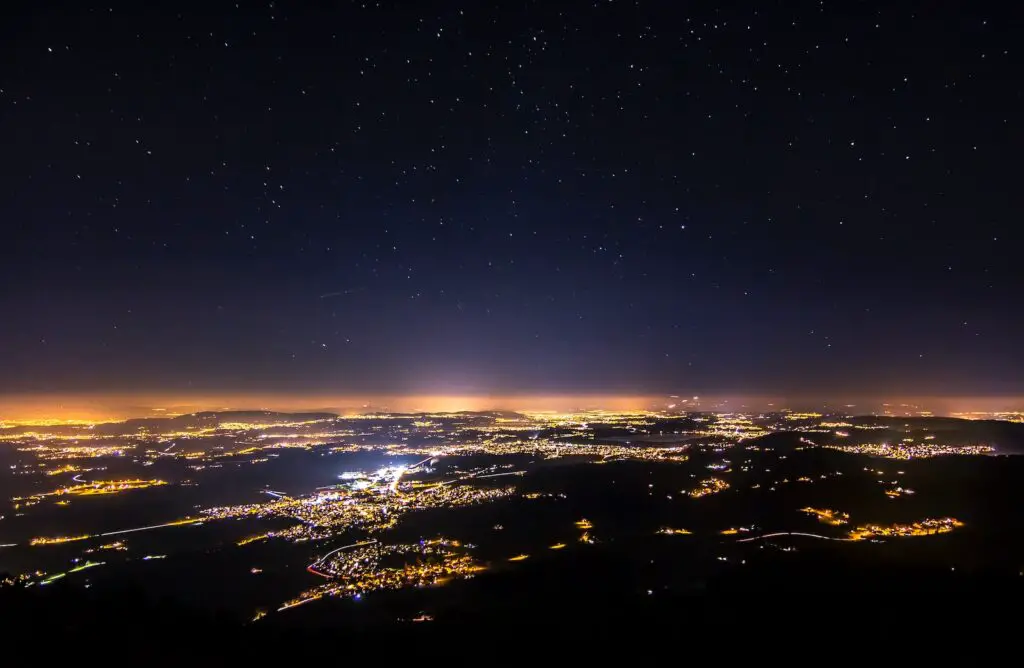One of the less discussed types of pollution is light pollution of even less is the focus on how it affects plants since conversations on light pollution invariably revolve around humans, animals and migratory birds. So, how does it impact plants? Come, let’s find out.
Most plants are dependent on natural light because it’s an important ingredient to prepare their food through the process called photosynthesis But they need light for more than just food. Just the humans, plants to have a circadian rhythm . (This rhythm refers to the changes each living being experiences primarily with regard to light and dark) Continued exposure to artifical light during dark hours can cause health issues in humans. And its not vastly different for plants Plants too need a sleep cycle to process staff and what they do is they gust attention on different activities at different ties of the day so they need to know the time of day But when they come under the harsh brightness of streetlights and artifical lights from buildings and vehicles, it becomes difficult for them to understand if its daytime or nighttime. This affects how they live their life.
They continue to photosynthesise at night, which forces them to use their energy and puts enormous stress on them. They are already suffering the effects of climate change such as warmer winters and longer summers”. All of these factors alter their natural rhythm to disastrous results, such as change in flowering patterns. leaf-shedding patterns, etc. Any change in plant reproduction and growth pattern impacts all the wildlife such as insects and birds dependent on it. That’s not all Light pollution affecting plants could impact humans too.
Moths are usually active at night, and artificial lights attract moths in the process, taking them away from flowering plants Studies have shown that this reduces pollen transfer (and pollination) through moths. When the number of new plants growing this way declines it denies pollen to bees an important pollinator crucial for food crops. The end of pollination could mean the eventual collapse of global ecosystems.
Picture Credit : Google





